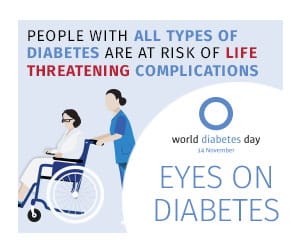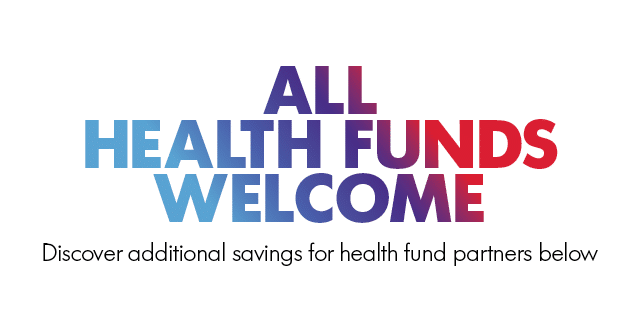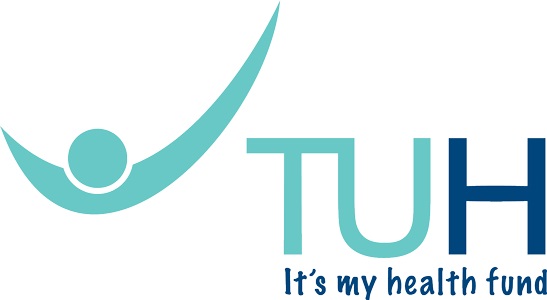The month of November is dedicated to diabetes awareness and today (14 November) is…World Diabetes Day!
Research into the links between diabetes and oral health has shown that diabetics with periodontitis (gum disease) find it more difficult to keep their blood glucose (sugar) levels under control. Other studies have shown that people with blood glucose levels that are not controlled well, are at higher risk of developing gum disease.
In other words, diabetes complicates gum disease and vice-versa.
So it is important to maintain good control of your blood glucose levels and your oral health at the same time, and not one or the other.
What happens if a diabetic has gum disease?

Conversely, if you have gum disease, it can increase your blood glucose levels, putting you at risk of developing diabetes. And for people with diabetes, gum disease can increase their risk for diabetes complications such as neuropathy (nerve damage), heart disease, nephropathy (kidney disease), retinopathy (vision loss), stroke, and PAD (peripheral arterial disease).
What other oral health conditions are affected by diabetes?
People with diabetes may be more likely to develop a number of oral conditions:
- Dry mouth – Without good saliva production to clean and protect your teeth and gums, oral bacteria can thrive, leading to further oral health complications.
- Thrush – An oral fungal infection that causes a painful, burning sensation in affected areas.
- Wound healing – It may take longer for you to heal after tooth extractions and other types of dental surgery.
Improving your oral health and diabetes progression
Getting your oral health and hygiene back on track is essential, in order to limit complications such as diabetes. At the same time, it is important for diabetics to manage their blood glucose levels with the right medications and proper medical supervision. Encourage your doctor and dentist to work together to help you achieve better oral and overall health.
Do you have diabetes and don’t know it?
International Diabetes Federation (IDF) estimates that approximately 200 million people, or about half of all adults with diabetes, don’t even know they have it. As part of this year’s focus on the importance of screening for diabetes, IDF have set up an online diabetes risk assessment.
You can do your part for Diabetes month, by raising awareness of this quick, easy and confidential online questionnaire. It can predict your risk of developing type 2 diabetes over the next ten years.
Please use this link: https://www.idf.org/type-2-diabetes-risk-assessment/
Alternatively, you can complete the Diabetes Australia’s diabetes risk calculator questionnaire, by using this link: https://www.diabetesaustralia.com.au/risk-calculator
On World Diabetes Day, let’s all test to prevent diabetes. An early diagnosis and treatment can help reduce the risk of serious diabetes complications.












